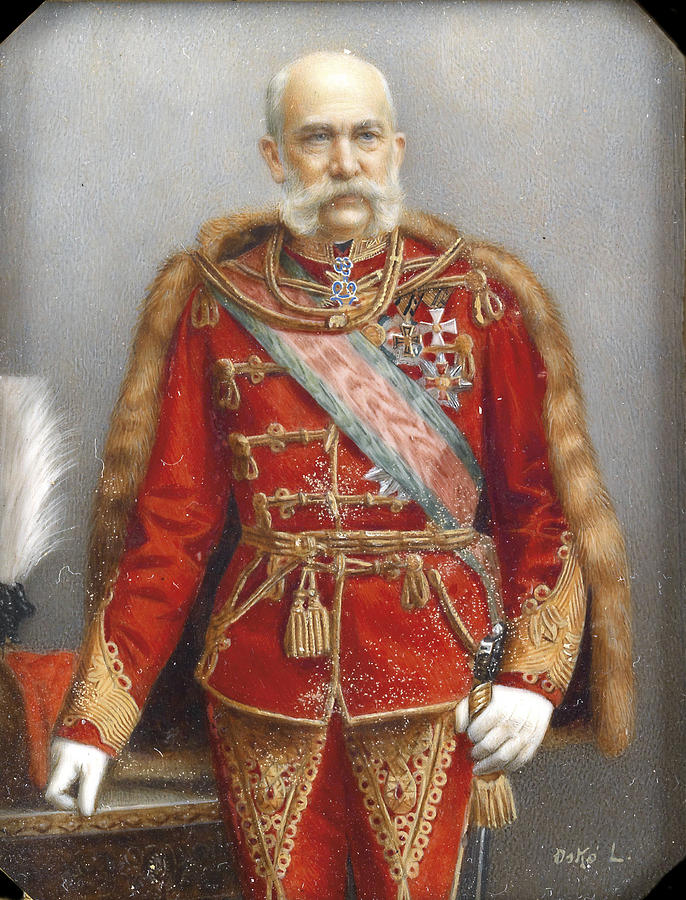

Moreover he could be indecisive at times, demanding yet more expert reports and information, which led to further delays in the decision-making process.įranz Joseph escaped from his ‘paper existence’ as he called it during his summer retreat to the Salzkammergut, which became a kind of spiritual home for him. However, he found himself overwhelmed by the flood of files, getting bogged down in minor details, and was incapable of delegating even the smallest matters. Franz Joseph was a bureaucrat who was capable of processing immense quantities of work and adhered to a strict routine, developing ‘… an almost religious belief in the value of bureaucracy’ (Holler). The emperor’s personality is described by all sources as sober and unimaginative: aware of his obligations to the point of pedantry, he considered punctuality and orderliness to be the highest virtues. This also manifested itself in his love of military uniform, which became his preferred daily attire. Franz Joseph was an officer more suited to peacetime, a stickler for order with a marked enthusiasm for military exercises and parades. Mocked as the ‘red-trousered lieutenant’ on account of his passion for all things military in his youth, he regarded the army as the most important pillar of the Monarchy, despite the fact that he was not blessed with any aptitude for strategy. He attended social events mostly out of a sense of duty but disliked them intensely.įranz Joseph’s militaristic upbringing had left its mark on his personality.

The love of music that had otherwise been strongly represented in the dynasty was not shared by Franz Joseph. While the emperor was in principle interested in painting and architecture, he had developed very conservative tastes – the Viennese Modern Movement, today celebrated virtually as the trademark of Viennese cultural life in the period around 1900, remained foreign to him. No great thinker, Franz Joseph was a dry pragmatician who dismissed the philosophizing views of his wife as ‘cloud-clambering’. Franz Joseph was an authoritarian father figure, a side that became especially evident in the tragic fate of his son Rudolf: the emperor reacted to his son’s liberal ideas with a complete lack of understanding, and found his subsequent suicide wholly incomprehensible. He had a patriarchal understanding of family and was the undisputed head of the House of Habsburg-Lorraine, brooking no opposition to his ‘supreme will’, which in extreme cases could lead to exclusion from the family and the loss of title and privileges. He strove to preserve a measure of distance between himself and the people around him, both as monarch and in the family. With the passing of the years he became taciturn and withdrawn, letting few of his emotions show. Franz Joseph was wholly imbued with the concept of his divine mission as emperor.Īs a young man Franz Joseph was described as charming, courteous and good-looking.

His mental isolation was reinforced by court ceremonial, which elevated his imperial majesty to an almost religious level. His personality developed in unique and difficult circumstances: from his earliest youth it was impressed up on him that he had been chosen as emperor, an office that was to be served with humility. Even today, Franz Joseph is regarded as the very epitome of the emperor in the successor states of the Monarchy. Towards the end of his life he became a semi-mythical figure, a symbol of the Monarchy who was beyond criticism. Franz Joseph looms large in the historical consciousness of posterity.


 0 kommentar(er)
0 kommentar(er)
